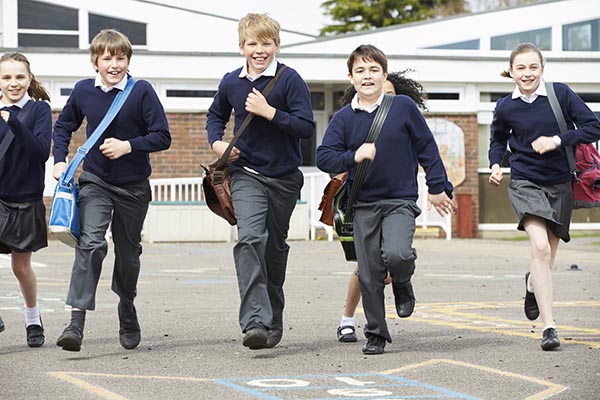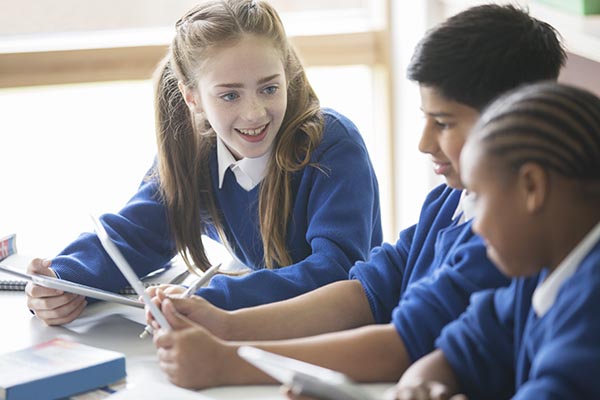We are extremely concerned that urgent referrals of children to emergency mental health services have tripled since 2019, according to analysis of the latest NHS Digital data by the charity Young Minds.
Using NHS data the charity revealed an alarming rise of urgent referrals of under-18s to more than 3,000 in April, the first time on record that numbers exceeded 3,000 in a single month.
In May this year, this number rose again to 3,732, which is more than three times higher than in May 2019.
Highest number on record
The data also exposed that the number of children and young people undergoing treatment or waiting to start care in Children and Young People’s Mental Health Services (CAMHS) reached 466,250 referrals in May, the highest number on record.
These shocking statistics came at the same time as the Government published its interim Major Conditions Strategy (MCS); its new plan to include mental health with several physical health conditions.
Using NHS data the charity revealed an alarming rise of urgent referrals of under-18s to more than 3,000 in April, the first time on record that numbers exceeded 3,000 in a single month.
In May this year, this number rose again to 3,732, which is more than three times higher than in May 2019.
What did it say?
Unfortunately, although the strategy acknowledged the importance of children and young people getting access to help as early as possible, it did not provide sufficient detail about how this will be funded and achieved. It did commit to providing more Mental Health Support Teams (MHST) to at least 50% of pupils in England by the end of 2025.
Jo Holmes, our Children, Young People and Families Lead said:
“We are pleased at a commitment to roll out more MHST’s to schools in England but, taking in to account the NHS data figures, the Government needs to do much more to stem the crisis in children and young people’s mental health services.
“At the very least, for existing mental health support team provision they could have factored in funding for counselling provision to help bridge the gap for those children who are too complex for MHST interventions but don’t meet the CAMHS threshold. We often call these children and young people the ‘missing middle’, providing them with greater access to counselling interventions would go some way to help take the pressure off CAMHS services.
“The Government need to priorities young people’s mental health across all schools and colleges in England, not just those within the MHST reach, and commit funding for universal access to school-based counselling as in Scotland, Wales and Northern Ireland. We know school budgets are under enormous pressure and many must cut therapy services to make ends meet.
“This is why we continue to call on the Government for funded counselling provision in both schools, colleges and community hubs so we can end the crisis in young people’s mental health.”

New guidance to help schools deliver counselling
The guidance will give schools a clear outline of what to expect from school-based counselling

School counselling budget cuts fears
We continue to campaign for allocated funding for school counselling

Children’s Mental Health Week: Our call for action
There’s never been a more important time to invest in children’s mental health
